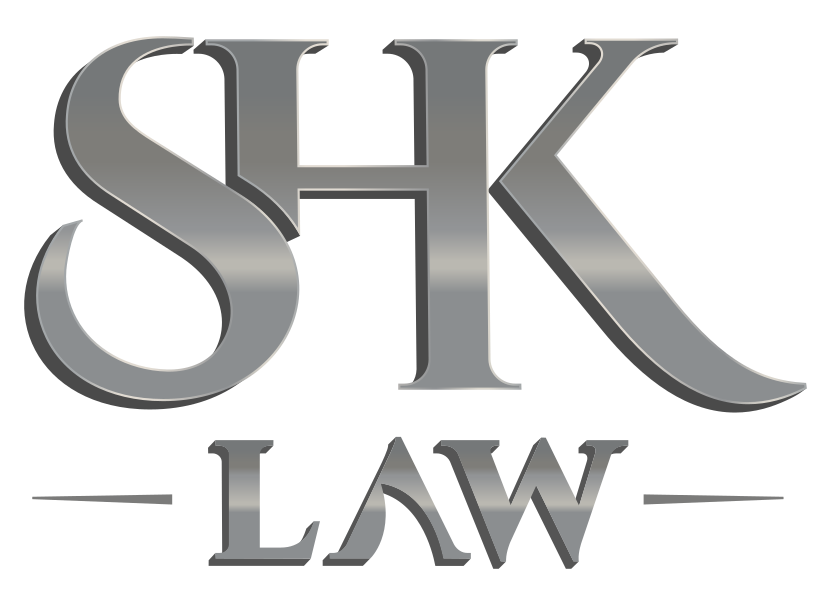CPSC’s Groundbreaking Authority Over Amazon
SHK attorney Jeremy Robinson has provided expert analysis on the U.S. Consumer Product Safety Commission’s (CPSC) recent landmark decision holding Amazon.com Inc. legally responsible for recalling hundreds of thousands of unsafe products sold on its platform. The unanimous ruling establishes Amazon as a “distributor” under federal law, marking a significant shift in regulatory oversight of online marketplaces. This decision represents a fundamental change in how regulatory bodies approach e-commerce platforms.
A Victory for Consumer Protection
“This is a significant victory, not only for consumers but also for physical retailers who’ve been subject to these types of provisions for quite some time,” said Robinson, whose expertise in e-commerce liability is well-established through his successful 2020 California appellate case against Amazon. “Amazon has been able to, in some states or locations at least… avoid being responsible for the products that it lists.”
Analysis of CPSC’s Decision
Robinson noted that the CPSC thoroughly dismantled Amazon’s argument that it was merely providing logistics services. The Commission’s ruling emphasized Amazon’s substantial control over products sold through its Fulfilled by Amazon program, including receipt, storage, and shipping of items. This comprehensive analysis sets a new precedent for how online marketplaces may be regulated in the future.
Regulatory Framework and Implementation
Drawing on his extensive experience in product liability law, Robinson highlighted the CPSC’s detailed requirements for Amazon under this ruling. The company must now cease distribution of affected products, notify purchasers, post information on social media, and submit monthly progress reports verifying that consumers have returned or destroyed unsafe products.
Impact on E-commerce Liability
As a leading voice in e-commerce liability law, Robinson contextualizes the ruling’s significance while acknowledging its current limitations. He explains that while this decision is substantial, state-by-state variations in product liability laws still create a complex legal landscape.
“All the states have this patchwork of product liability laws, and all of them have various different provisions in them,” Robinson noted. This insight highlights the continuing challenges in establishing consistent nationwide standards for e-commerce liability.
Broader Implications for Online Marketplaces
The decision specifically addresses three categories of products: defective carbon monoxide detectors, hair dryers, and children’s sleepwear that fails to meet federal flammability standards. Robinson’s analysis suggests this could be the beginning of broader regulatory oversight of online marketplaces, potentially affecting millions of products sold through these platforms.
Future of E-commerce Regulation
Robinson’s expertise positions him to anticipate the ruling’s long-term effects on e-commerce regulation. The decision may serve as a template for future CPSC actions against other online marketplaces, potentially reshaping how these platforms operate and their responsibilities to consumers. His insights suggest this ruling could catalyze further regulatory developments in the e-commerce space.
Read the full article on Law 36.
Contact Information
For inquiries about consumer protection litigation or to discuss your case with Jeremy Robinson and the SHK team, contact us for a consultation.
Source: Law360, “CPSC Makes Moves On Powers Of Recall Over Amazon”


